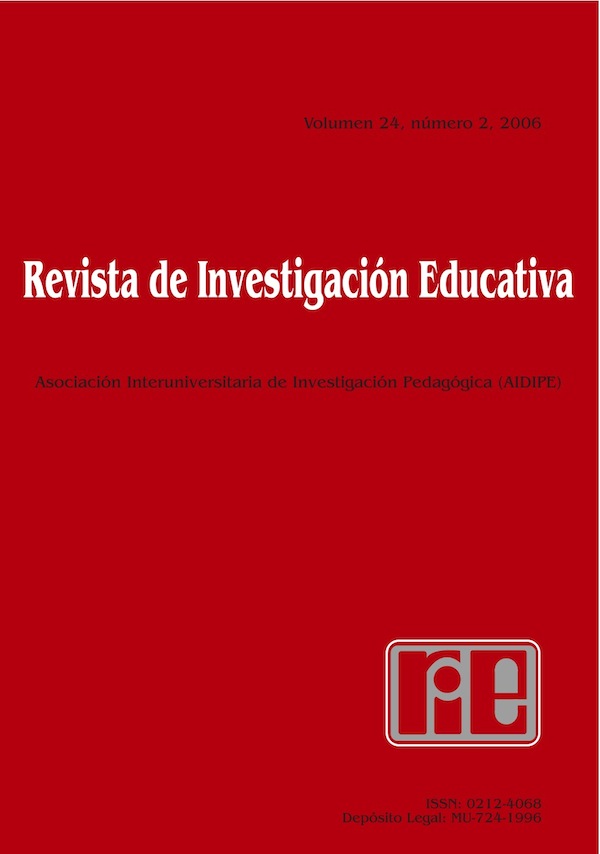Validación de un modelo de medida de la auto-eficacia en la toma de decisión de la carrera
Abstract
The purposes of this research is to adaptate and validate a career decision-making self-efficacy scale based on Taylor and Betz (1983), Career Decision-making Self-Efficacy Scale. It is a Likert scale with 30 items, the process adaptation and validations included one expert studio, two pilot studios and a confirmatory research which is presented in this article. The measure model was validated with a sample of 2.783 Spanish students aged between 14 and 18. The scale has an Alpha 0.91 coefficient. After making an exploratory analysis and tests the five factors, we did a confirmatory analysis using the Structural Equation Model methodology, with AMOS 4.0 programme. The results of the study support the theoretical hypothesis on which the model is based. We have a valid scale to assess career decision-making self efficacy to be used by researchers and counsellors to deepen knowledge in career counselling field through the Career Social-Cognitive Theory. Implications for counselling and future research are also discussed.Downloads
-
Abstract1070
-
PDF (Español (España))1101
The articles and scientific documents published in RIE abide the following conditions:
1. The Servicio de Publicaciones de la Universidad de Murcia (the publisher) has the property rights (copyright) of all the documents published and allows the reuse under the user’s license indicated in point 2.
2. All documents are published in the digital edition of RIE under a Creative Commons Reconocimiento-NoComercial-SinObraDerivada 4.0 Internacional. (legal document) license. These documents can be copied, used, distributed, communicated and explained publicly if: i) the author(s) and its original source of publishing (magazine, publisher and URL of the document) are cited; ii) it is not used for commercial purpose; iii) the existence and the specifications about this license are mentioned.
3. Auto-archive’s conditions. The authors are allowed and encouraged to digitally distribute the pre-print versions (a version before evaluation) and/or post-print (a version that it is already evaluated and accepted to its publication). This promotes circulation and distribution earlier and can increase the citations and significance within the academic community.










